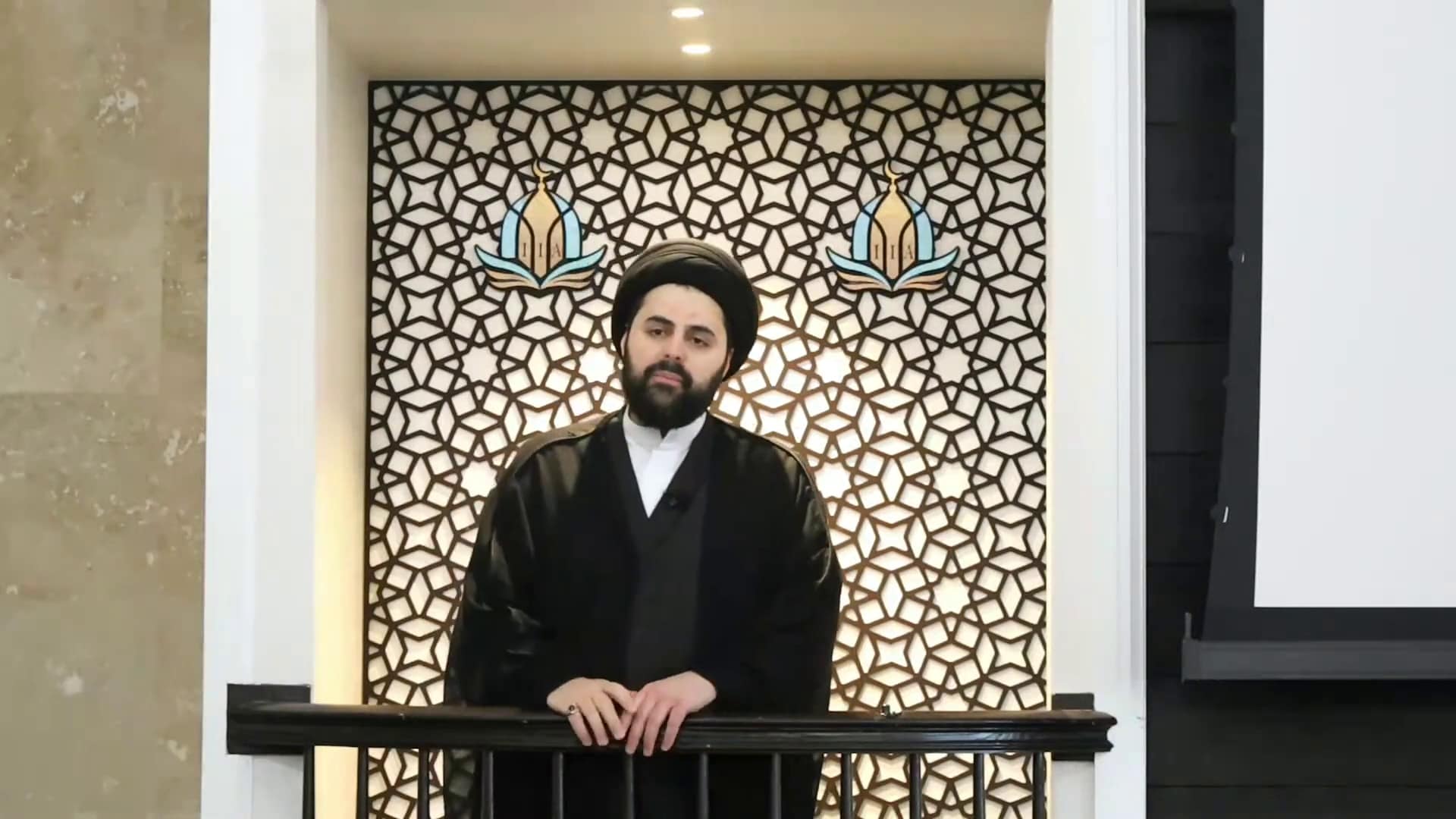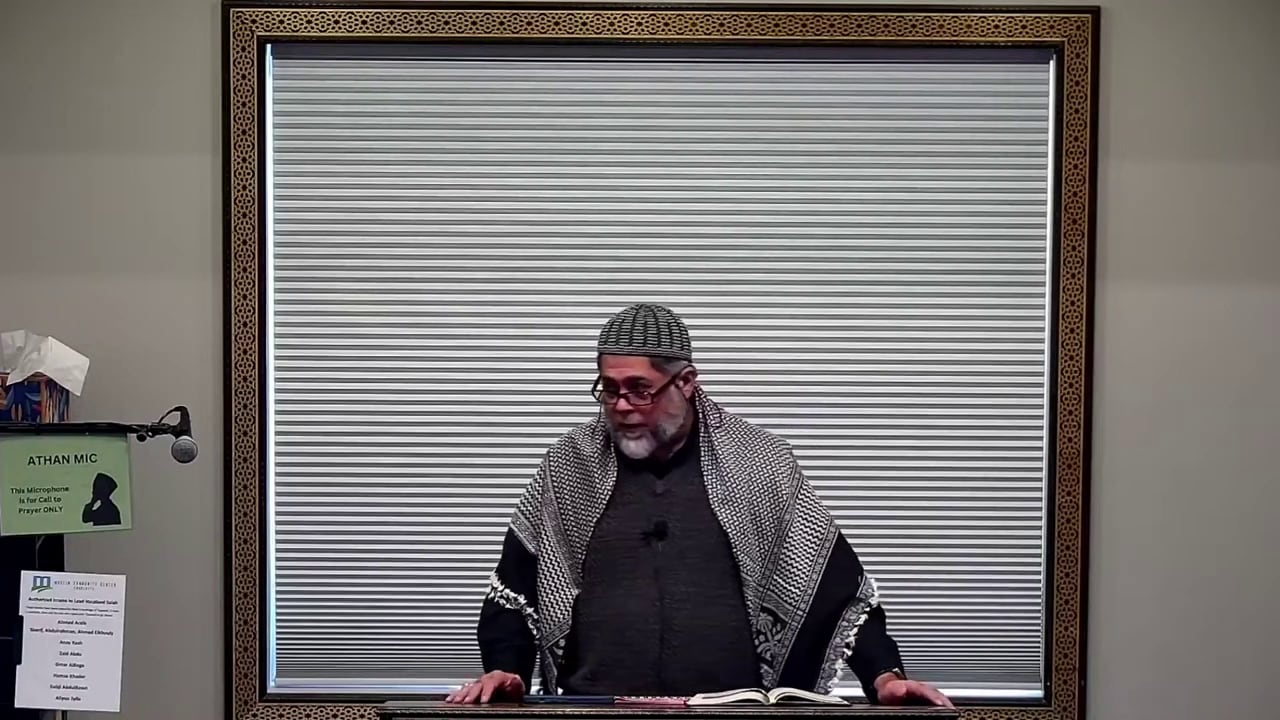
Following are excerpts from an interview with Iranian Attorney-General Qorban 'Ali Najaf-Abadi, which aired on Al-Manar TV on February 11, 2009.
Qorban 'Ali Najaf-Abadi: Chopping off the hands of thieves is very rare. Cases of qisas [executions in retaliation for murder] are more common. Qisas is the individual prerogative of the victim's family, and the government does not intervene in this matter. One of the issues protested by the West is the qisas. They confuse qisas with the death penalty. The qisas is not up to the government. It is the prerogative of the victim's family. For example, if a person is killed, and the [killer's] father requests it, we may ask the victim's family to absolve... Excuse me, the family of... This is within my authority, but we have no right to pressure them. It is up to the family whose member was killed – sometime with extreme brutality. The world should know that in the Islamic Republic of Iran, the qisas is the prerogative of the victim's family. It is not the prerogative or business of the government, and therefore the government cannot revoke it or refrain from carrying it out. It is different with regard to the death penalty. Qisas, as I said, is the prerogative of individuals, and when a person is killed in a qisas execution, it is not called a "death penalty." When it comes to the death penalty – we have judges, and the courts issue a verdict according to the shari'a.
[...]
As for chopping off hands – these sentences are meant as a deterrent. Islam wants to abolish the lack of financial and economic safety, and therefore, it orders the chopping off of hands. This prevents the thief form stealing again. We should not have mercy on someone who steals repeatedly.
[...]
This punishment is better than prisons, with all their negative effects, especially when prisons like Guantanamo and Abu Ghuraib are concerned. The [Americans] who committed all those crimes in Guantanamo – how come nobody takes a look at their barbaric deeds? This torture is hundreds of times worse than the chopping off of hands. How come they do not face trial? It is not that we want to chop off hands, but we don't say that we won't. If necessary, we will chop off the hands of thieves, just like we carry out death penalties.
[...]
Imprisonment and the divine punishments are two different things. We have, unfortunately, adopted prisons from the West. Sometimes prisons do not yield positive results. Quite the opposite. It is not desirable to impose prison sentences. There is no such thing in Islam. Take, for example, the punishment of whip lashes. Since this punishment ruins a person's reputation, it has a positive effect in terms of deterrence. These Islamic punishments are meant to warn and punish, not to torture. They are better than sentencing a person to years in prison, especially considering the corruption and all the bad things he learns there. In prison, a person learns new crimes. We see this happening all over the world.













